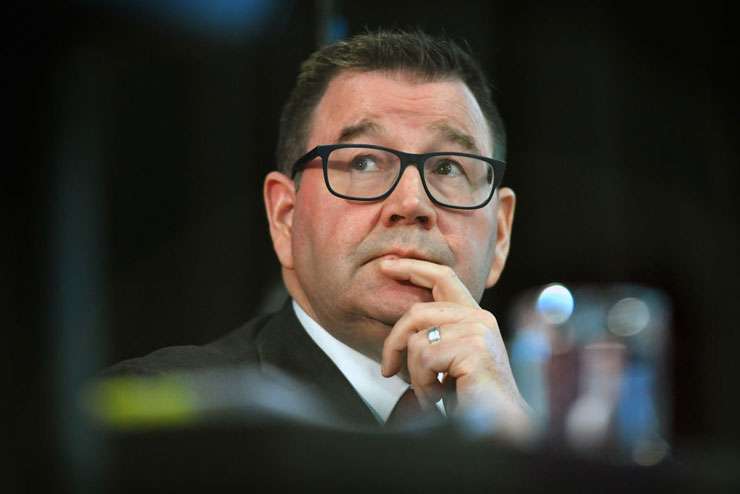COMMENT: Readers of a certain age will be familiar with the name of American Jeane Dixon (1904 – 1997), one of the most famous psychics of the 20th century, who shared her many visions through her syndicated newspaper astrology column and a bestselling biography.
Dixon is best known for her prediction that a Democrat would win the 1960 US election and that he would be assassinated while in office – a claim that was fulfilled with chilling accuracy a few years later with the election of Democrat John F Kennedy, and his subsequent assassination by Lee Harvey Oswald as his motorcade drove through Dealy Plaza in Dallas in November 1963.
Indeed, Dixons prediction, which was made in 1956, was regarded as so accurate that a legion of readers hung off her every word for the rest of her professional life.
What’s not so well known is that Dixon subsequently recanted her prediction and predicted that Nixon would win instead. In fact, she made unequivocal predictions that JFK would lose – a fact which is forgotten in the hysteria surrounding her initial “accurate” prediction because of a phenomenon, named after her, called ”the Jeanne Dixon effect” which describes the tendency of people to believe a handful of seemingly correct predictions while ignoring a much larger number of obviously wrong ones.
Start your property search
But even her initial prediction about the US presidential election isn’t as impressive as it looks. Then, as now, Republicans and Democrats dominated the US political landscape, so the chances of one of these parties winning in 1960 was an unimpressive 50%. And as for her prediction that the newly elected president would be “assassinated or die in office, though not necessarily in his first term”, this also isn’t that big of a stretch if you know the history of US presidents dying or being assassinated in office, going right back to William Henry Harrison, who was elected in 1841 and died just 32 days later.

Finance Minister Grant Robertson predicts house price growth will dramatically slow in the next 12 months. Photo / Getty Images
In fact, stripped of the mystique and hocus pocus, Dixon applied pretty much the same approach to her 1960 US election prediction that political and economic commentators still apply to their various predictions in 2021. It’s the approach used by commentators here in New Zealand – including myself - to make sense of what we think might happen to the housing market and the economy in general based on the evidence in front of us.
Like Dixon, we look at the market and apply our own experience to the facts as we find them. For the more seasoned amongst us this means also overlaying our knowledge of the history of the market and, yes, we all also allow our own worldview and beliefs (and yes, our politics) to shape our opinions and predictions.
But what we don’t do is give absolute numbers to our predictions. There are just too many variables to be clinically precise, so we tend to use terms like “about”, “up to”, “as much as”, and “around”, as well as words like “could” and “may” rather than “will”. While this disclosure may come as a surprise to some it’s actually perfectly reasonable because the job of economists and commentators is to provide a guide based on their own experience and data – not a biblical prediction for which the punishment for being wrong is public stoning.
So it’s against this background that the recent prediction, by Grant Robertson, that house prices will increase by just 0.9% in 2022, is extraordinary. Robertson’s prediction, which is reinforced in the Treasury briefing papers, also claims that house prices will increase by a little over 2% each year until 2025.
Putting aside whether you agree with Robertson’s view that house price growth will drop, he has now painted himself into a corner in which he can only be right or wrong with no room for market fluctuations on either side of that prediction.
Frankly, anyone who does this is a fool.
My own, oft repeated, position is that house prices in Auckland will continue to rise strongly for the next six or seven years and will broadly double, on average, over that time – while most of the rest of the country will probably flatten off within the next couple of years in keeping with the typical property cycle.
Meanwhile, what Robertson hopes to achieve with his bizarre claim is best known only to him, but one prediction I feel safe in making is that it will end up as yet another casualty on the growing pile of housing market interventions by a government which doesn’t understand, and is hopelessly out of its depth in, the New Zealand housing market.
- Ashley Church is a property commentator for OneRoof.co.nz. Email him at ashley@nzemail.com









